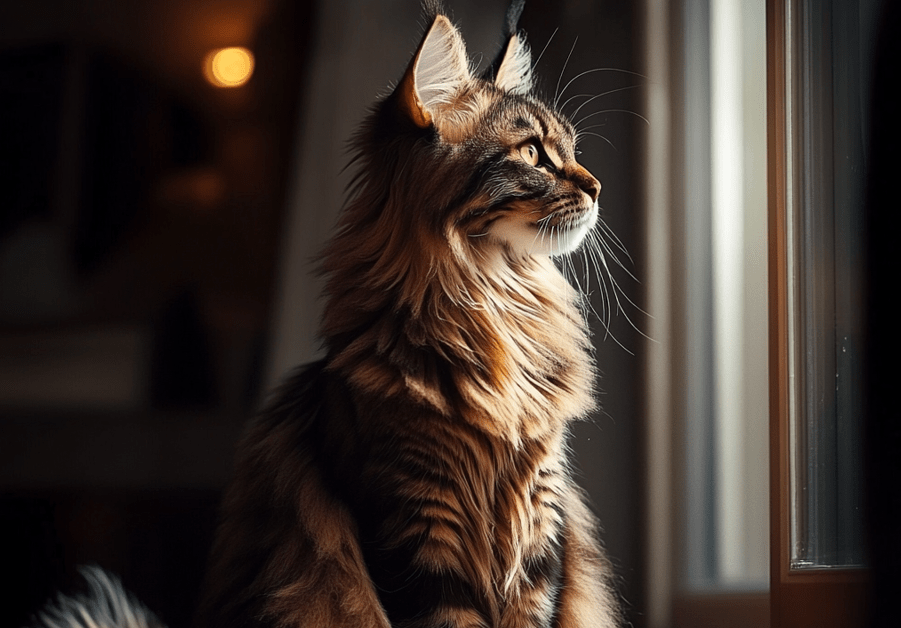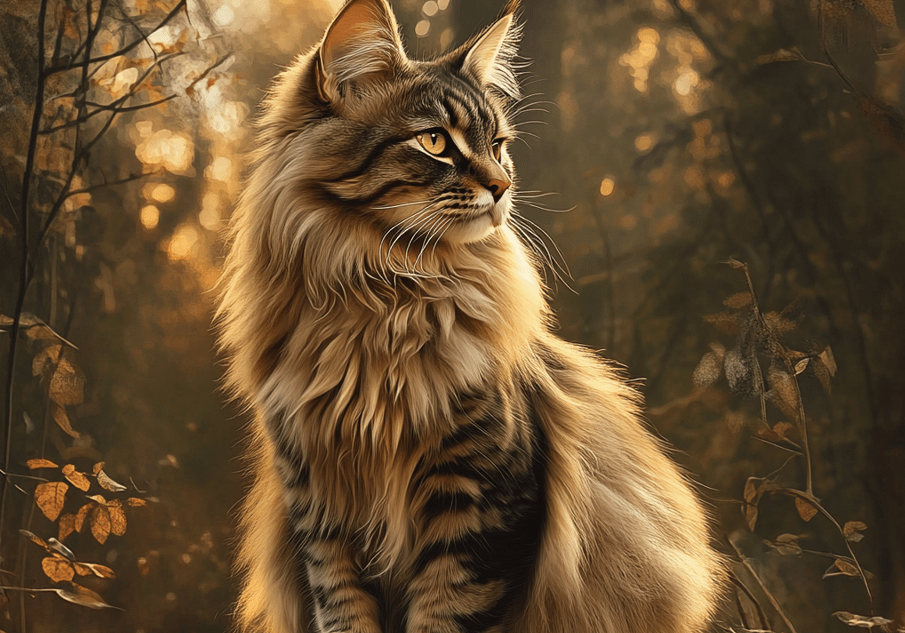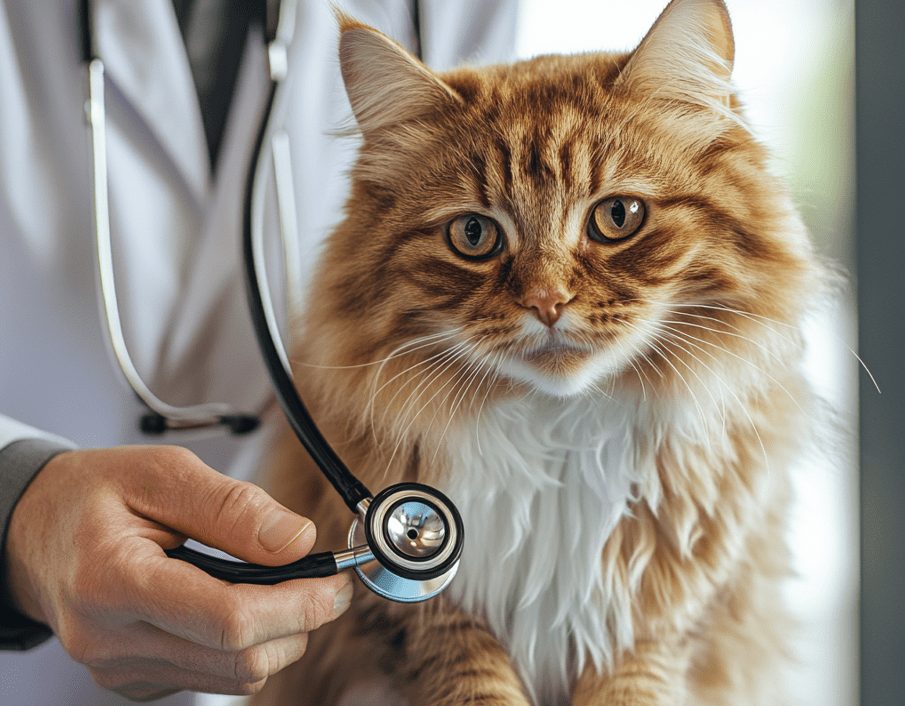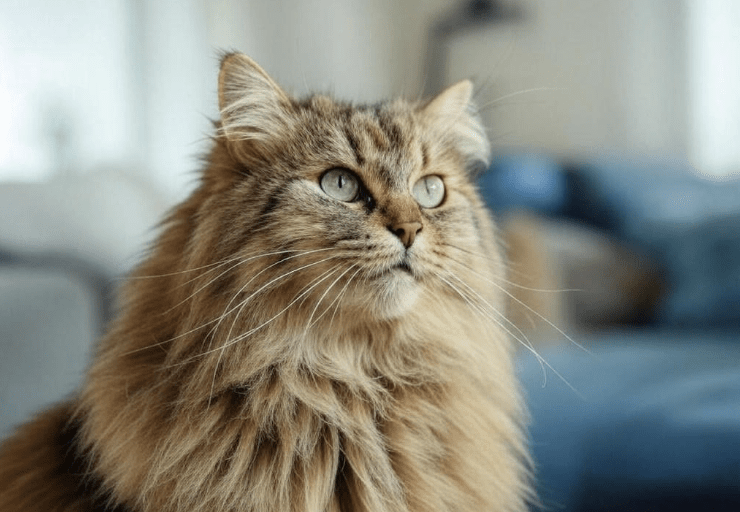
Maine Coon chewing is a common concern for owners of these majestic, large-boned cats known for their friendly and sociable nature. If your Maine Coon is chewing on everything from furniture to cables, you’re not alone. This behavior can be frustrating, potentially damaging to your home, and even dangerous for your feline friend. Understanding why your Maine Coon chews excessively and learning how to address it effectively is key to fostering a happy, healthy relationship with your pet. In this comprehensive guide, we’ll explore the reasons behind Maine Coon chewing, potential risks, and practical solutions to curb this behavior, ensuring both you and your cat thrive.
Understanding Maine Coon Chewing Behavior
Maine Coons are one of the largest domesticated cat breeds, often referred to as “gentle giants” due to their affectionate and dog-like personalities. However, their curious and playful nature can sometimes lead to behaviors like excessive chewing. Maine Coon chewing isn’t just a random habit—it’s often a sign that your cat is trying to communicate something, whether it’s a physical need, emotional state, or instinctual drive. By identifying the root cause, you can address the behavior effectively and prevent it from becoming a persistent issue.
Chewing is a natural behavior for cats, but Maine Coons may exhibit it more prominently due to their high energy levels, intelligence, and strong hunting instincts. Whether your Maine Coon is gnawing on cords, furniture, or even your shoes, this article will help you understand the “why” behind the behavior and provide actionable steps to stop it.
Why Do Maine Coons Chew on Everything?
To tackle Maine Coon chewing, it’s essential to understand the underlying causes. Here are the most common reasons why your Maine Coon might be chewing excessively:
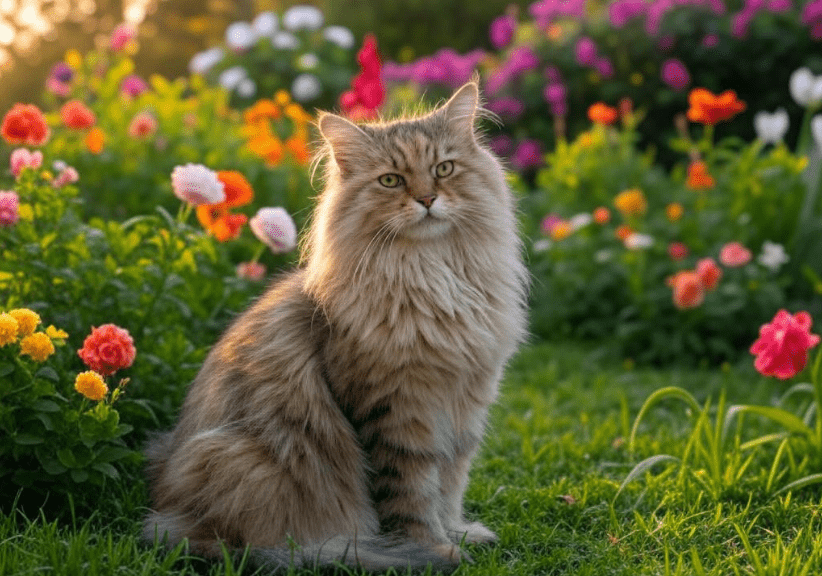
Natural Instincts and Exploration
Maine Coons are highly intelligent and curious cats with a strong prey drive. Chewing is a way for them to explore their environment, much like how they would investigate objects in the wild. Their large size and active nature mean they’re constantly seeking ways to engage their senses. Items like cords, fabrics, or even plants may attract their attention because they mimic the texture or movement of prey.
Teething in Kittens
If your Maine Coon is a kitten, chewing is likely related to teething. Between 3 and 6 months of age, kittens lose their baby teeth, and adult teeth begin to emerge. This process can cause discomfort, prompting them to chew on objects to alleviate pain. While teething is temporary, providing appropriate chew toys during this stage is crucial to prevent damage to household items.
Boredom and Lack of Stimulation
Maine Coons are active, intelligent cats that require significant mental and physical stimulation. Without enough playtime, toys, or environmental enrichment, they may resort to chewing as a way to entertain themselves. A bored Maine Coon is more likely to chew on inappropriate items like furniture, cables, or clothing simply because they’re looking for something to do.
Stress or Anxiety
Cats, including Maine Coons, can develop stress-related behaviors like chewing when faced with changes in their environment. Common stressors include moving to a new home, the introduction of a new pet or family member, or changes in routine. Chewing may serve as a coping mechanism for anxious Maine Coons, helping them self-soothe during stressful situations.
Dental Issues or Health Problems
Dental problems, such as gingivitis, tooth decay, or oral infections, can cause discomfort that leads to chewing. Maine Coons with dental issues may chew on objects to relieve pain or because they’re trying to clean their teeth. Additionally, underlying health conditions like hyperthyroidism or gastrointestinal issues may contribute to unusual chewing behaviors.
Nutritional Deficiencies
In rare cases, Maine Coon chewing may be linked to nutritional deficiencies or a condition called pica, where cats crave non-food items. If your cat is chewing on inedible objects like plastic, fabric, or wood, it could indicate a lack of essential nutrients in their diet or an underlying medical issue.
Is Maine Coon Chewing Dangerous?
While chewing is a natural behavior, it can pose risks to your Maine Coon’s health and safety. Here are some potential dangers associated with excessive or inappropriate chewing:
Dental Damage: Chewing on hard objects like metal or plastic can chip or break your cat’s teeth.
Ingestion of Foreign Objects: Swallowing non-food items can lead to intestinal blockages, which may require emergency surgery.
Electrical Hazards: Chewing on electrical cords can result in burns, shocks, or even electrocution.
Toxic Substances: Some household items, such as certain plants, chemicals, or treated fabrics, are toxic to cats and can cause poisoning if ingested.
Choking Hazards: Small objects or pieces of chewed items can become lodged in your cat’s throat, posing a choking risk.
To protect your Maine Coon, it’s essential to identify and address the cause of their chewing while taking steps to make your home safer.
How to Stop Your Maine Coon from Chewing
Stopping Maine Coon chewing requires a combination of addressing the root cause, redirecting the behavior, and creating a safe, stimulating environment. Here are practical, effective strategies to curb this behavior:
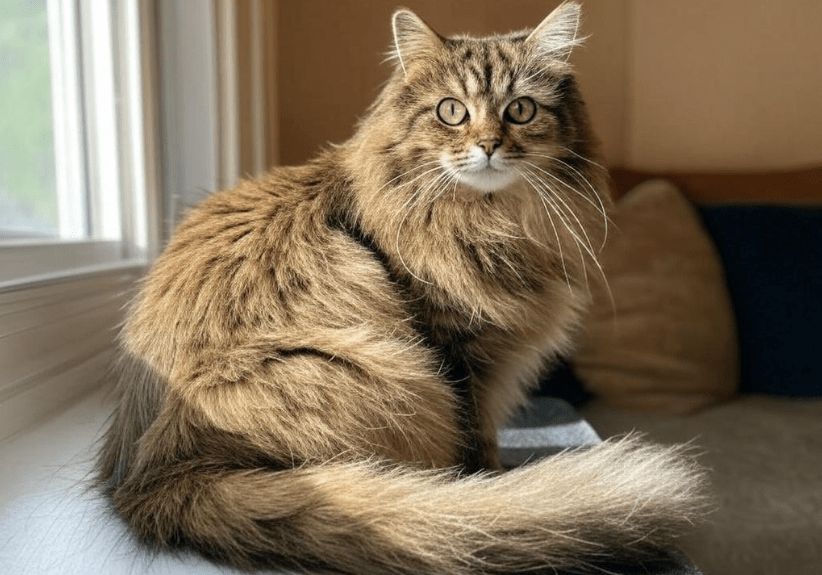
Provide Safe Chew Toys
Redirect your Maine Coon’s chewing to appropriate items by offering a variety of safe, cat-friendly chew toys. Look for toys made of durable materials like rubber or silicone, designed specifically for cats. Some great options include:
Dental chew toys: These help clean teeth while satisfying the urge to chew.
Catnip-infused toys: Many Maine Coons are attracted to catnip, which can make chew toys more appealing.
Rope or fabric toys: These mimic the texture of prey and are safe for chewing.
Rotate toys regularly to keep your cat engaged and prevent boredom. Always supervise your Maine Coon with new toys to ensure they’re safe and durable.
Enrich Their Environment
A stimulating environment is key to preventing boredom-related chewing. Maine Coons thrive in environments that cater to their physical and mental needs. Here are some ways to enrich your cat’s surroundings:
Interactive toys: Puzzle feeders, laser pointers, and feather wands engage your cat’s hunting instincts.
Climbing structures: Cat trees, shelves, or window perches allow Maine Coons to explore vertically.
Playtime: Dedicate at least 20-30 minutes daily to interactive play with your cat.
Scratching posts: Provide multiple scratching surfaces to satisfy their need to claw and chew.
Creating a cat-friendly space with plenty of activities will reduce the likelihood of destructive chewing.
Use Deterrents for Inappropriate Chewing
To discourage your Maine Coon from chewing on household items, use safe deterrents to make those objects less appealing. Some effective options include:
Bitter sprays: Apply pet-safe bitter-tasting sprays to cords, furniture, or other items your cat chews.
Double-sided tape: Cats dislike sticky surfaces, so tape can deter them from chewing on furniture.
Cord covers: Use protective covers or tubing to shield electrical cords from chewing.
Always ensure deterrents are non-toxic and safe for your cat.
Address Underlying Health Issues
If you suspect dental problems or other health issues are causing your Maine Coon’s chewing, schedule a veterinary checkup. Your vet can perform a thorough examination to rule out conditions like:
1.Dental disease
2.Nutritional deficiencies
3.Gastrointestinal issues
4.Pica or other behavioral disorders
Follow your vet’s recommendations, which may include dental cleanings, dietary changes, or medication to address underlying health problems.
Training and Positive Reinforcement
Maine Coons are highly intelligent and responsive to training. Use positive reinforcement to encourage good behavior and discourage chewing on inappropriate items. Here’s how:
Reward good behavior: When your cat chews on a toy instead of furniture, reward them with treats, praise, or playtime.
Redirect attention: If you catch your cat chewing on something they shouldn’t, gently redirect them to a chew toy.
Avoid punishment: Yelling or punishing your cat can increase stress and worsen the behavior.
Consistency is key—over time, your Maine Coon will learn which items are acceptable to chew.
Manage Stress and Anxiety
If stress or anxiety is contributing to your Maine Coon’s chewing, take steps to create a calm, stable environment. Consider the following:
Maintain a routine: Cats thrive on consistency, so stick to regular feeding, play, and sleep schedules.
Provide safe spaces: Offer hiding spots or quiet areas where your cat can retreat when stressed.
Use calming aids: Pheromone diffusers (like Feliway) or calming treats can help reduce anxiety.
Gradual introductions: If introducing a new pet or change, do so slowly to minimize stress.
If your cat’s anxiety persists, consult a veterinarian or feline behaviorist for additional support.
When to Consult a Veterinarian or Behaviorist
While many cases of Maine Coon chewing can be managed at home, certain situations warrant professional help. Contact a veterinarian or certified feline behaviorist if:
1.Your cat’s chewing is sudden, excessive, or accompanied by other symptoms like vomiting, lethargy, or weight loss.
2.You suspect dental issues, nutritional deficiencies, or pica.
3.Behavioral interventions and environmental changes aren’t reducing the chewing.
4.Your Maine Coon shows signs of stress or anxiety that don’t improve with calming techniques.
A professional can provide tailored advice, medical treatment, or behavior modification plans to address your cat’s specific needs.
Conclusion
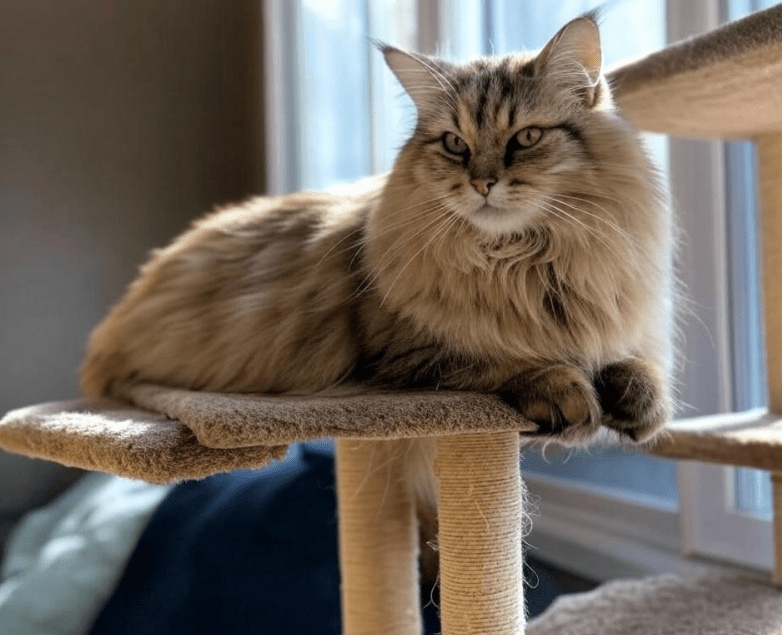
Maine Coon chewing is a common but manageable behavior that stems from a variety of causes, including natural instincts, boredom, teething, stress, or health issues. By understanding why your Maine Coon chews and implementing the strategies outlined in this guide—such as providing chew toys, enriching their environment, using deterrents, and addressing health concerns—you can effectively curb this behavior and protect your cat’s well-being. With patience, consistency, and a proactive approach, you can ensure your Maine Coon is happy, healthy, and free from destructive chewing habits.
If you’ve tried these solutions and your Maine Coon’s chewing persists, don’t hesitate to seek professional help from a veterinarian or feline behaviorist. Your gentle giant deserves a safe, stimulating environment where they can thrive without the urge to chew on everything in sight.

